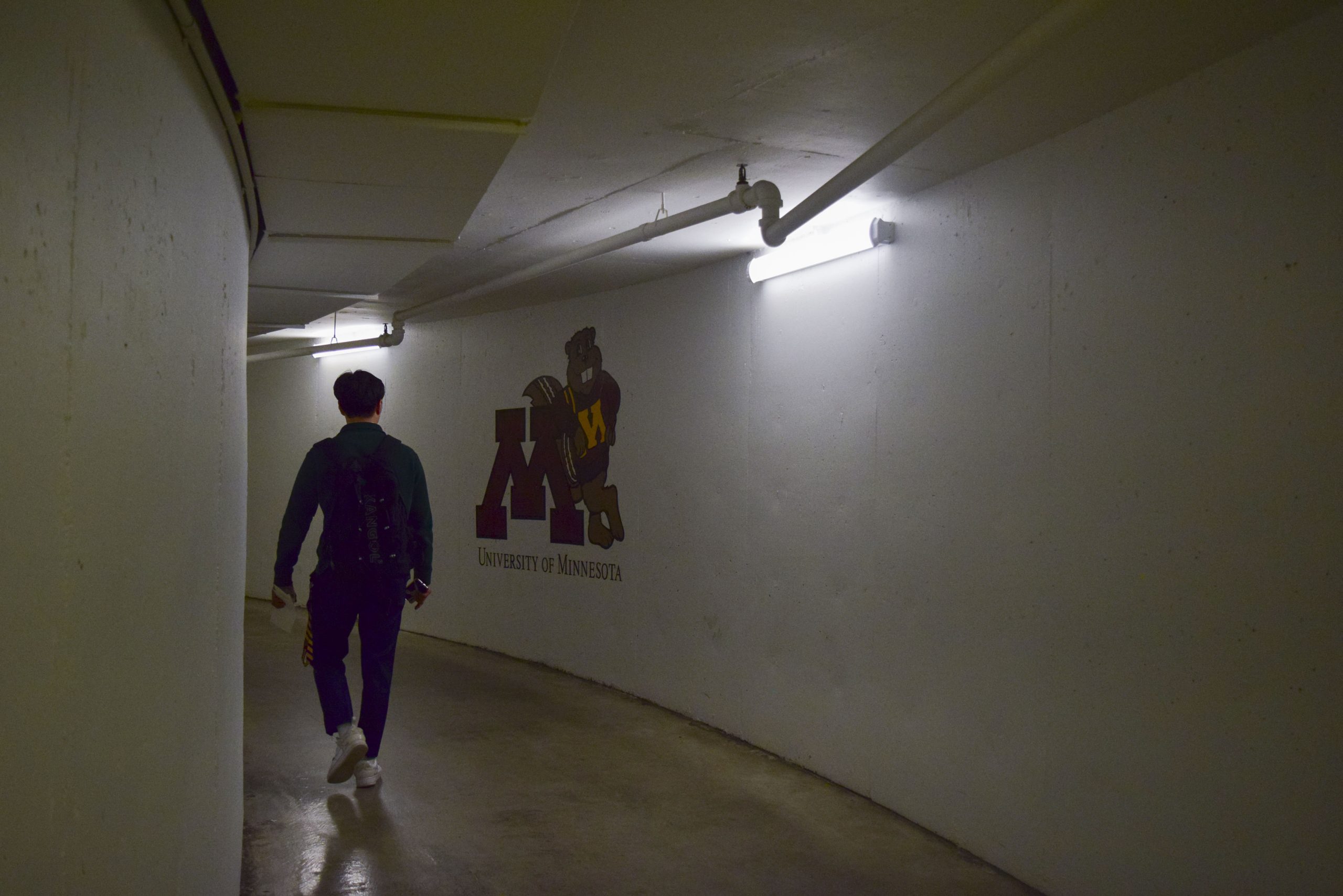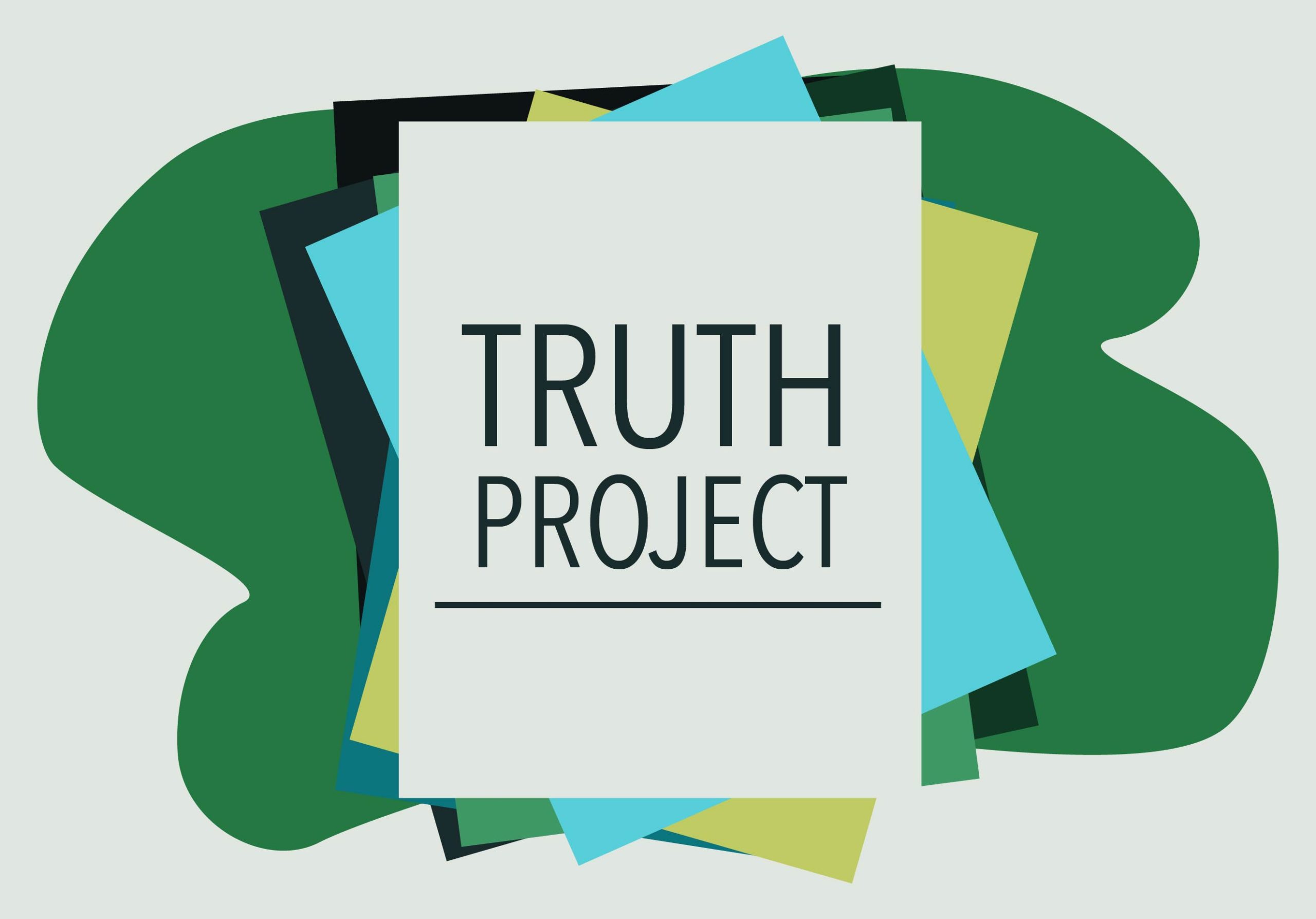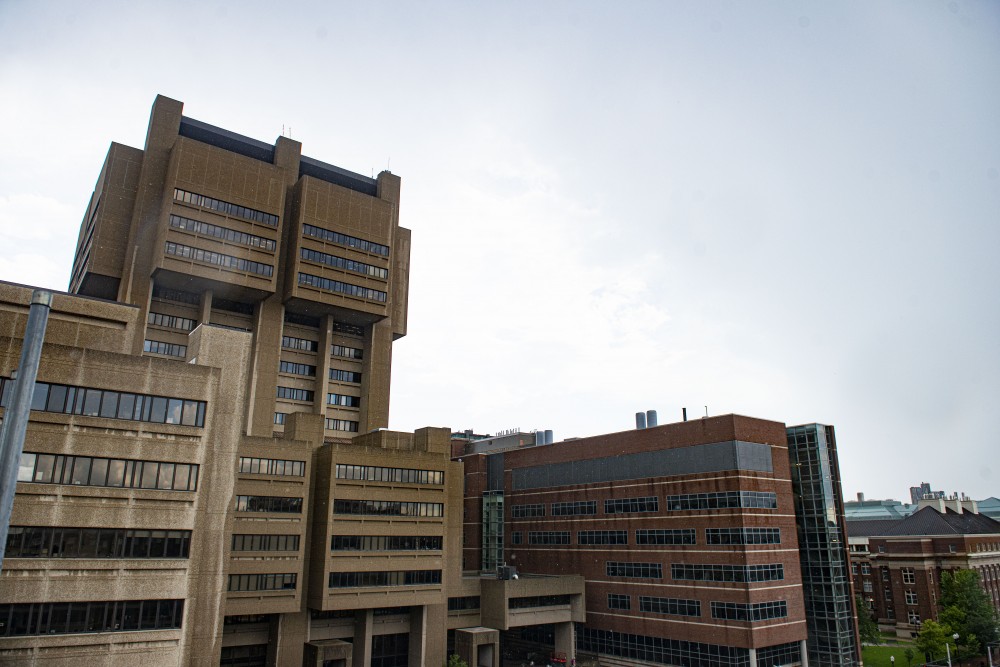The U.S. Treasury faced criticism from student advocates last week when it released information that $200 billion of the federal bailout bill could be used to prop up lending companies, including those who disburse private student loans. The letter to U.S. Treasury Secretary Henry Paulson was signed by nine student advocacy organizations including the United States Students Association and the Project on Student Debt . The groups urged Paulson to reconsider allocation of the funds to lenders whose private student loans are âÄúrisky and expensive, and lack the protections, oversight and regulations of safer federal loans.âÄù Edie Irons, communications director of the Project on Student Debt, said itâÄôs inappropriate to use public money to enable private lenders that charge unpredictably high interest rates. âÄúWe are really concerned that the Treasury is considering that avenue that we think could be detrimental to students,âÄù she said. The focus of the student advocatesâÄô letter was âÄúunrealistic,âÄù Kevin Bruns, the executive director of AmericaâÄôs Loan Providers , an industry advocacy group, said. âÄúIt ignores that there are students out there who rely on [private loans],âÄù Bruns said. âÄúThe alternative for them is putting it on their credit card and that doesnâÄôt make any sense.âÄù Were the bailout to continue according to plan, student advocates also suggest that the federal government impose conditions on lenders that would lead to âÄúbetter consumer protection.âÄù They suggest a reform of laws that currently mostly exempt private student loans from bankruptcy, as well as the addition of consumer protections that guide federal student loans. Sandy Baum, a senior policy analyst and professor of economics at Skidmore College, said student advocates are working hard to ensure the Treasury imposes conditions on the loans that benefit students. âÄúThis is what everybody is saying with all the money,âÄù she said, âÄúthere needs to be strings attached, you canâÄôt just give them the money and say âÄòdo with it what you please.âÄôâÄù Recent reforms guiding the marketing of private student loans, including this yearâÄôs reauthorization of the 1965 Higher Education Act , have already installed many new regulations on the private loan industry, Bruns said. âÄúLess of a pressing issue right now is writing new rules that would reform the system,âÄù he said. âÄúTheyâÄôve already been written and the pressing issue is providing money for families.âÄù In place of the bailout, the student advocacy groups suggest that federal and state grants be extended to âÄúreduce the need for students to borrow in the first place.âÄù The bailout, which encompasses loans other than mortgages, is âÄúgood news for those families that rely on private student loans,âÄù Bruns said. It isnâÄôt yet clear how the Treasury will approach the disbursal of bailout money, which is expected in February, he said. âÄúWhat the government is going to do is lend money to investors who have been spooked about investing,âÄù he said. âÄúThe initiative [will] work with the investment side to provide them with liquidity and funding.âÄù Andrew Winton, the Minnesota chair of banking and finance at the Carlson School of Management, said itâÄôs difficult to predict how the bailout might affect the availability of private student loans. Some of the lending institutions could possibly go out of business entirely if not for the bailouts, he said. âÄúItâÄôs the sort of thing where you give them the money and then say, âÄòthings are still bad, what happened?âÄôâÄù Winton said. âÄúBut if you hadnâÄôt given the money, things would be even worse, so thatâÄôs the problem.âÄù Both student advocates and representatives of lenders said students should exhaust federal loans before turning to private student loans. Bruns said any students who find themselves unable to pay their private loans should talk to their lender about available options. âÄúThe lenders have no interest in defaulting anybody,âÄù he said. âÄúNo one makes money on a defaulted loan.âÄù
















